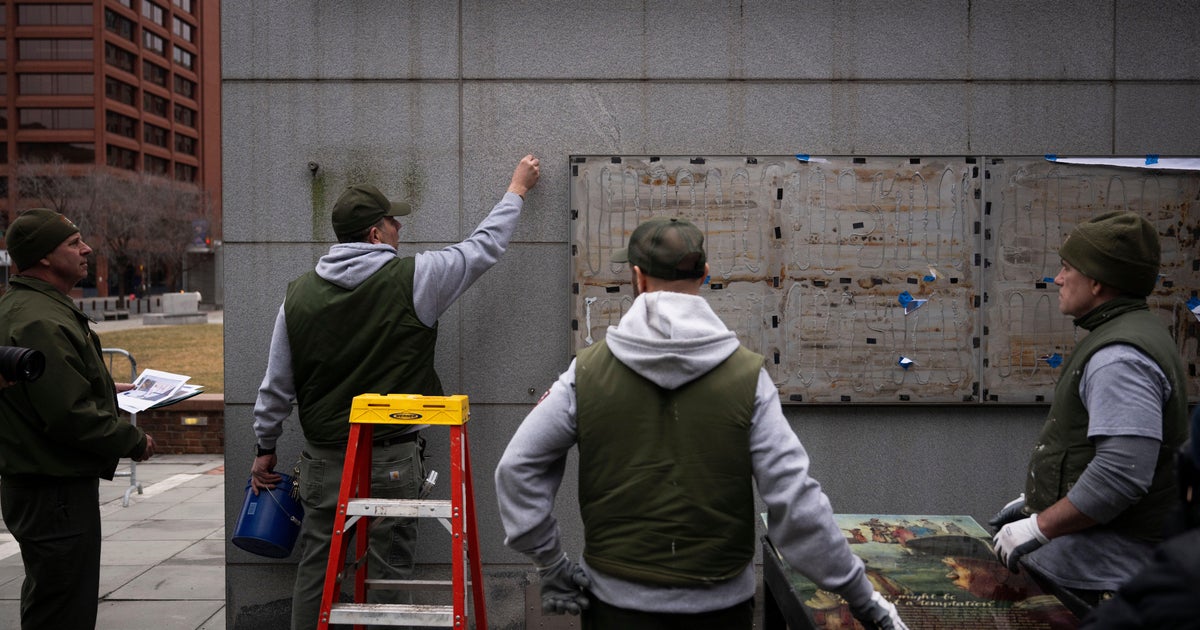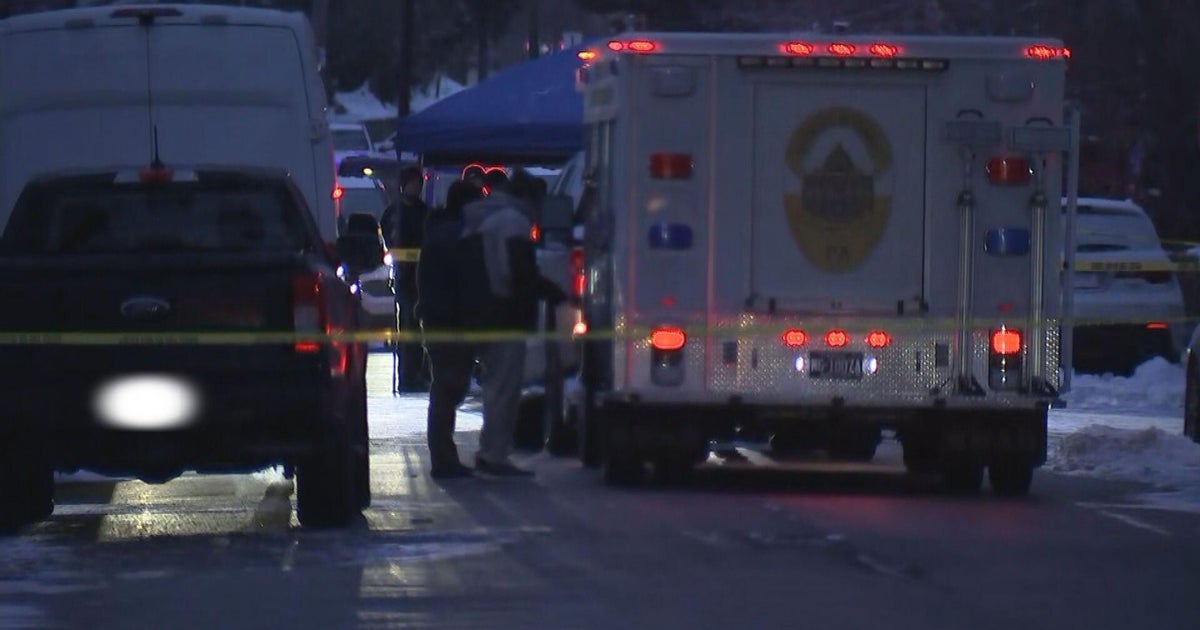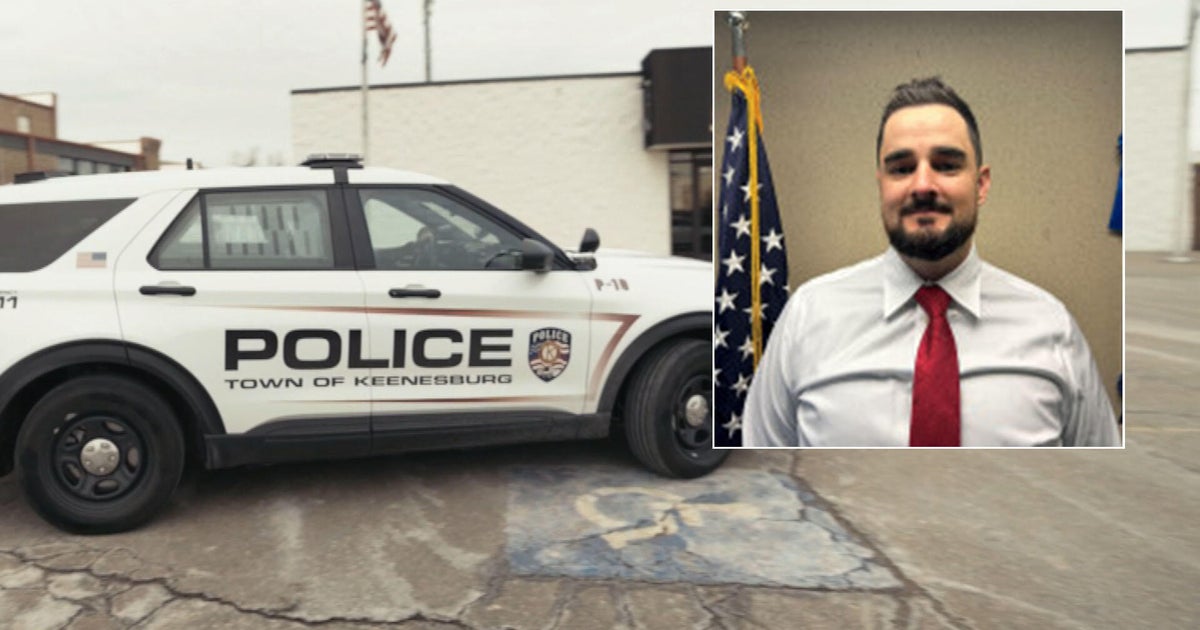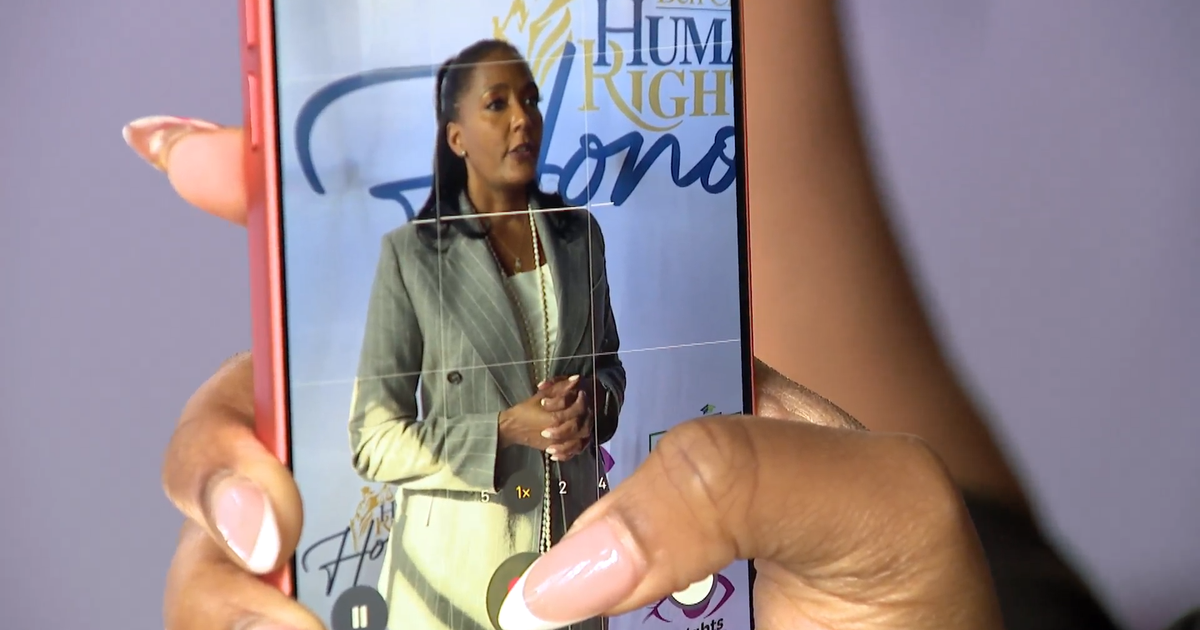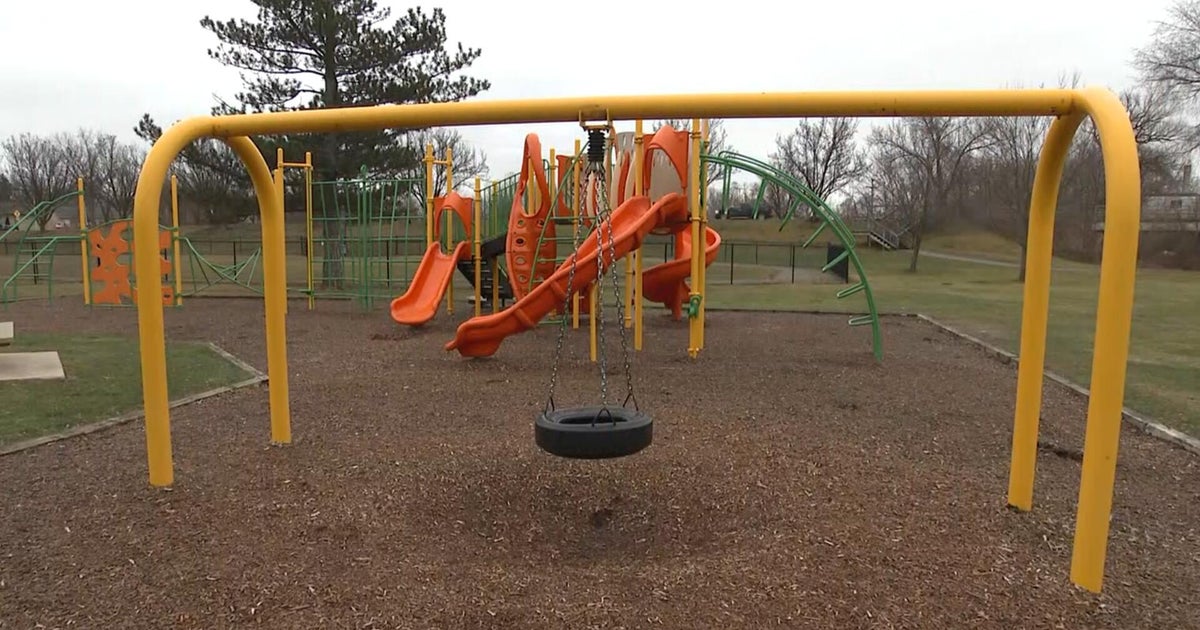ACLU Says Philadelphia Cops Still Misusing 'Stop and Frisk' Procedure
By Mike Dunn and Pat Loeb
PHILADELPHIA (CBS) -- A new study by the local chapter of the ACLU says the Philadelphia Police Department's "stop and frisk" tactic continues to be misused, two years after the civil liberties group sued the city to rein in the practice (see related story).
A federal judge continues to oversee an agreement between the ACLU and the Nutter administration in which the police department agreed to better train officers on the use of "stop and frisk" (another related story).
The ACLU today sent to the judge its analysis of police reports from the first half of 2012, and civil rights attorney David Rudovsky says the analysis found a bit of what he deems positive news: that the number of such police stops has decreased by 15 percent over the last three years.
In 2009, according to the report, there were 253,000 pedestrian stops; in 2012 there were 215,000 stops.
Read the Full Report (.pdf format)
However, the analysis finds that nearly half of all stops of pedestrians by police are, in the ACLU's view, being made without reasonable suspicion.
"Forty-five to fifty percent of all stops-and-frisks were being conducted without legal cause," says Rudovsky (right). "Tens of thousands of Philadelphians during that period of time were being stopped by the police, many of them frisked, without legal justification."
Rudovsky, also a senior fellow at the University of Pennsylvania law school, says the analysis was based solely on the language used by the officers on the individual police reports, not on interviews with those stopped.
"The police can't stop someone just because they say they were loitering, or in a high crime area, or acting suspiciously," he tells KYW Newsradio. "That wouldn't pass muster. And yet we continue to see many 'Stop' (police) forms with just that language."
Rudovsky believes the Nutter administration continues to make a good-faith effort to ensure that stop-and-frisk is only used when appropriate. But filtering that edict down to the rank and file is not easy.
"It's hard to change a culture in a police department," says Rudovsky. "I think the police department is going to have to do a lot more training, and beyond that, supervision and possibly discipline."
Rudovsky says the ACLU is not, at this point, asking the judge to intervene, but he says the group will continue to monitor the use of the tactic and look for improvement.
"The police force has gotten used to being able to stop people for virtually no reason," he says. "And to change that practice requires some significant oversight by the police department."
Mayor Nutter has said that the use of "stop and frisk" is appropriate when used properly, and has helped drive down crime rates in the most dangerous neighborhoods.
This afternoon the mayor said that he has not yet seen the report but will be going over it with his top public safety officials, including police commissioner Charles Ramsey and deputy mayor Everett Gillison.
Nutter says the city remains committed to the terms of the ACLU consent decree.
"We will continue to train and retrain our officers and make sure that they are utilizing this particular tactic in the appropriate, legal, constitutional fashion, while at the same time trying to do their jobs to make sure the city is safe," he said this afternoon.
He said the city is developing an electronic system that will help officials train and/or retrain officers and better monitor and manage their actitivities.
